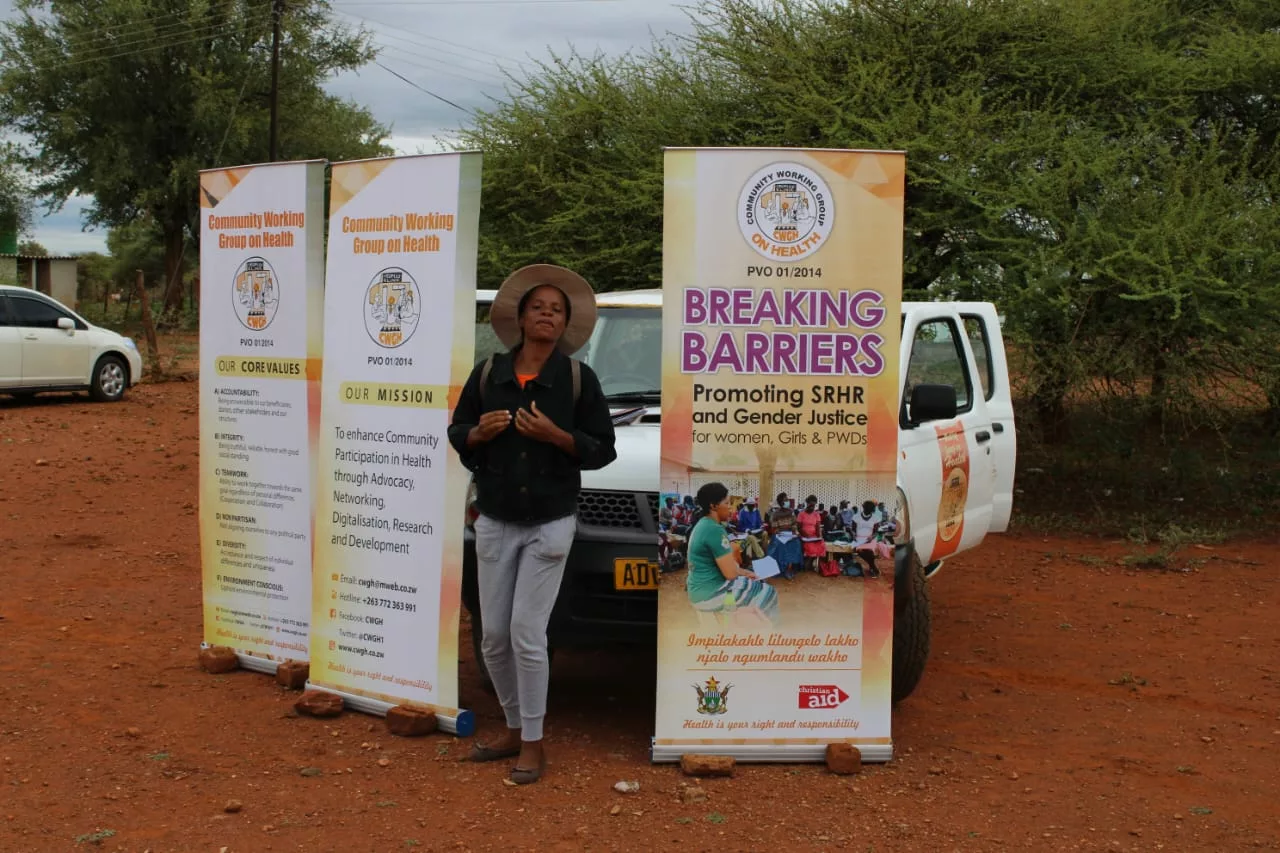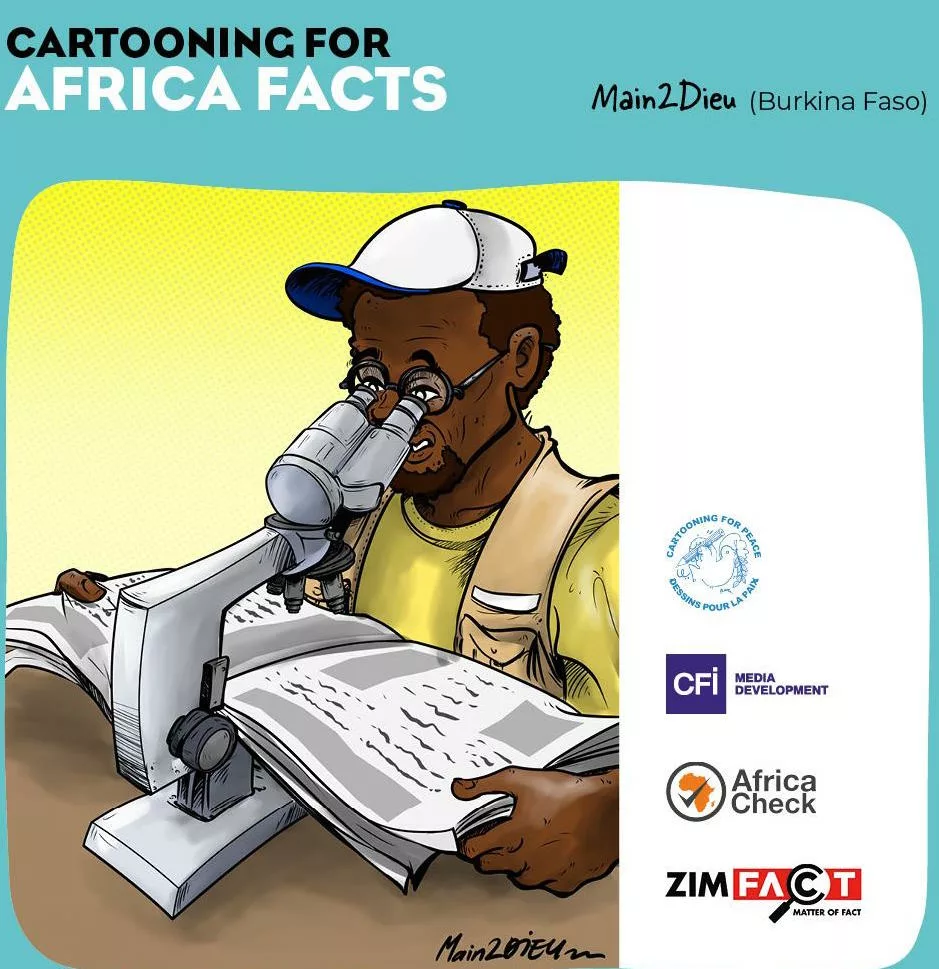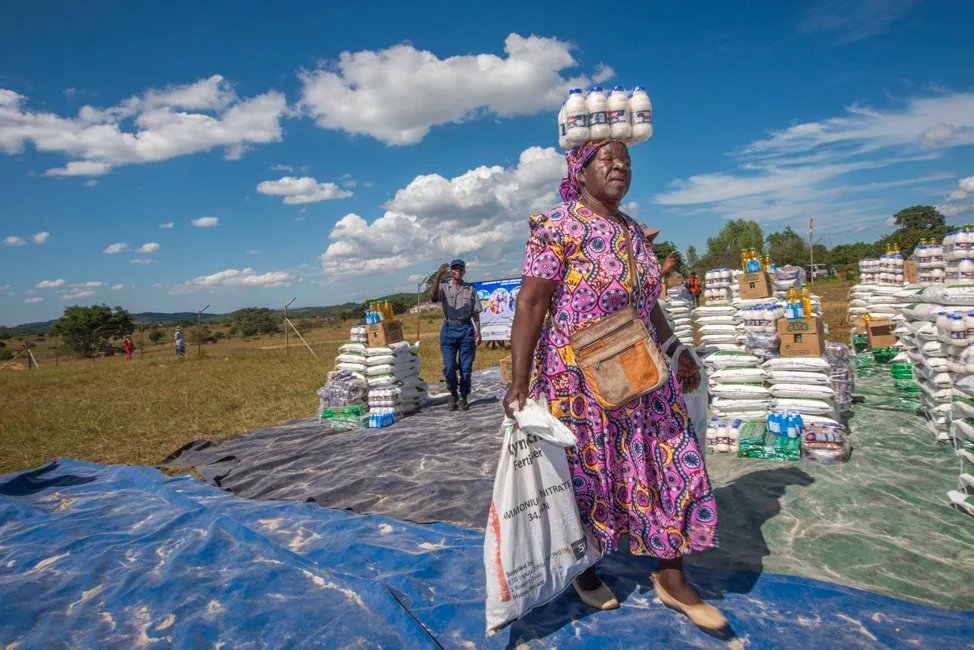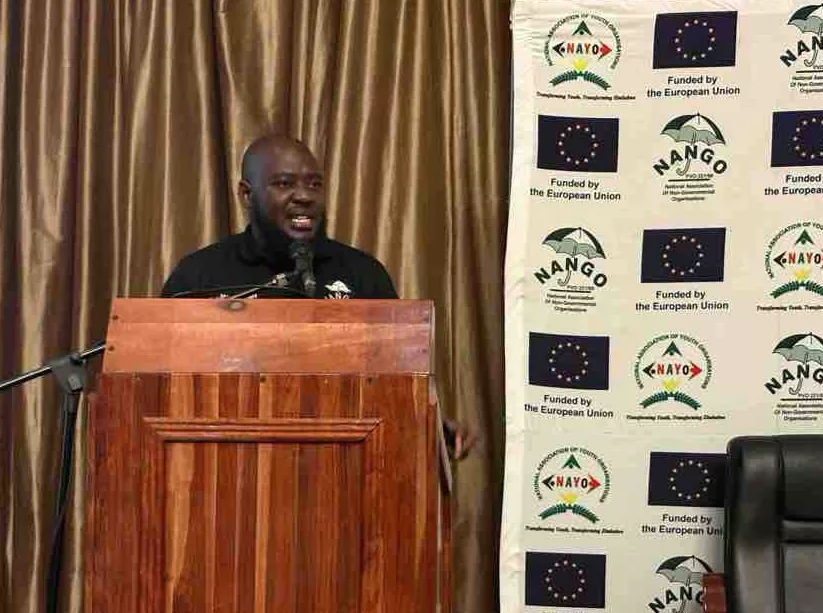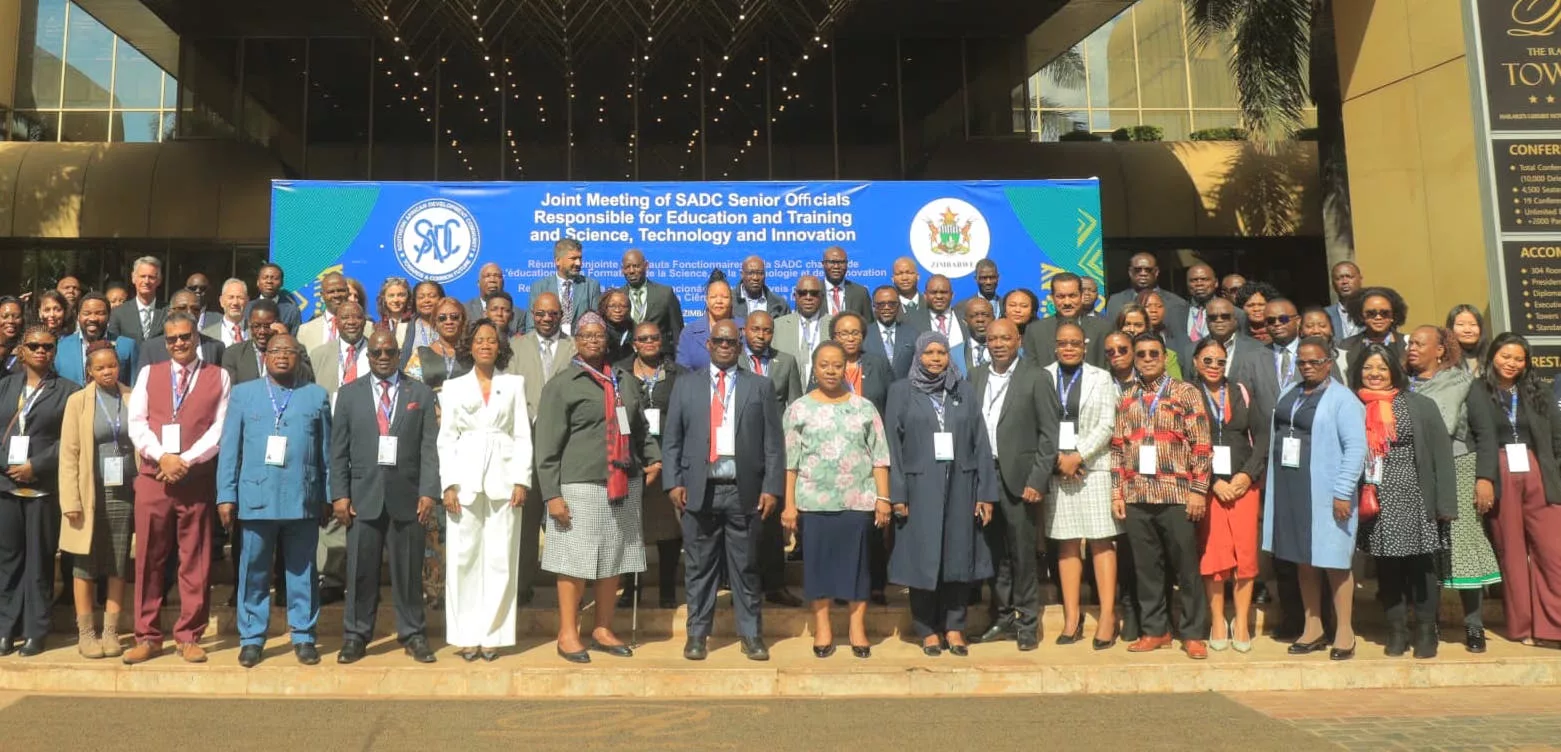|
Getting your Trinity Audio player ready...
|
…Vows to fight gender-based violence
Writes Caiphas Chimhete
Forty-year-old Tawanda Makwakwa Ncube vividly remembers the routine horrific and brutal moments that his frail mother endured at the hands of his merciless father while he was still a toddler.
Whenever he was drunk, the father would torment every member of the family, for no apparent reason, sending the children fleeing in different directions for cover, leaving their defenseless mother to face the wrath of her vicious drunken husband.
“We would watch from a distance our mother being beaten but we could not help her. We were very young,” he recounted. “She would wail for help and neighbours would come to restrain my father.”
But it was only in very extreme cases that she would cry for help. In most cases, she would be brutalized in silence not wanting neighbours to know or dare report to the police. The next day, she would try by all means to hide the heinous abuse by wearing a smile on her face masking the physical pain and emotional damage she endured, and attributing her injuries to false encounters elsewhere.
Tawanda’s parents later divorced when the mother could no longer take the abuse. She fled and sought refuge with relatives, taking along only the youngest of the three children. However, the abuse continued for Tawanda and his sibling who had remained, this time at the hands of a cruel stepmother. His father remarried just a couple of months after the divorce.
She would constantly yell out at them, beat them up for the slightest mistake, denied them enough food and proper clothing. When Tawanda’s father passed on a few years later, he dropped out of school and left Mashonaland West province, where he was born to stay with relatives in Matabeleland North province.
“I don’t want my children to go through what I experienced during my childhood,” said Tawanda. “This is why I decided to be a Gender Justice Champion, to give my children a proper upbringing and sensitise the local community about the dangers of gender-based violence.”
When Tawanda heard that the Community Working Group on Health (CWGH) with support from Christian Aid was training Gender Justice Champions (GJCs) on sexual and reproductive health rights in his village, he jumped for the opportunity and determined to effect change in his community.
Today, Tawanda of Ward 20 in Bubi district is one of the 60 community members who were trained by CWGH with support from Christian Aid to be community champions to teach and raise awareness on gender-based violence (GBV), menstrual hygiene and family planning issues in Bubi district in Matabeleland North province.
The programme, Breaking Barriers: SRHR and Gender Justice for Women, Girls, and People with Disabilities in Bubi district, is being supported by the Ministry of Health and Childcare (MoHCC), Ministry of Women Affairs, Small and Medium Development, Rural District Council, Department of Social Development, National Aids Council (NAC) and the ZRP’s Victim Friendly Unit.
The GJCs provide overall guidance to peer groups in communities mainstreaming gender in all activities in the form of focus group discussions, road shows, debates, organize awareness programmes on various gender issues including legislation to influence behaviour change.
Tawanda says he was leading an exemplary life by not indulging in any form of violence against his wife or children so that the community could accept his teachings on GBV, family planning, and menstrual hygiene.
“I don’t want my children to suffer like I did. Communities must be aware of the effects of gender-based violence, this is why I am here today to help raise awareness in the communities,” said Tawanda, who added that he works closely with the local traditional leadership, health workers, and the police.
Signs of the impact of the gender justice champions’ work are beginning to show.
“When we call for meetings, people in this community come in numbers. Their hunger for information on GBV and sexual reproductive health rights indicates that very soon we will be on top of the situation,” he said.
However, statistics indicate that cases of GBV were pervasive in most Southern African countries mainly because of cultural, religious and social norms. In Zimbabwe, about 1 in 3 women aged 15 to 49 have experienced physical violence while 1 in 4 have experienced sexual violence since the age of 15.
It is against this background that the government through the Zimbabwe National GBV Strategy 2023-2030 with support from partners such as CWGH, aims to have a reduction of 30% in the prevalence of all forms of GBV and other harmful practices.
The World Health Organisation (2022) says children who experience abuse are more likely to become abusers themselves, creating a vicious cycle. However, Tawanda was fortunate to have received some counselling from relatives who plucked him from the jaws of poverty and abuse.
“I was lucky because I got help early enough, this is why I have taken it upon myself to help others in my community,” he said.


